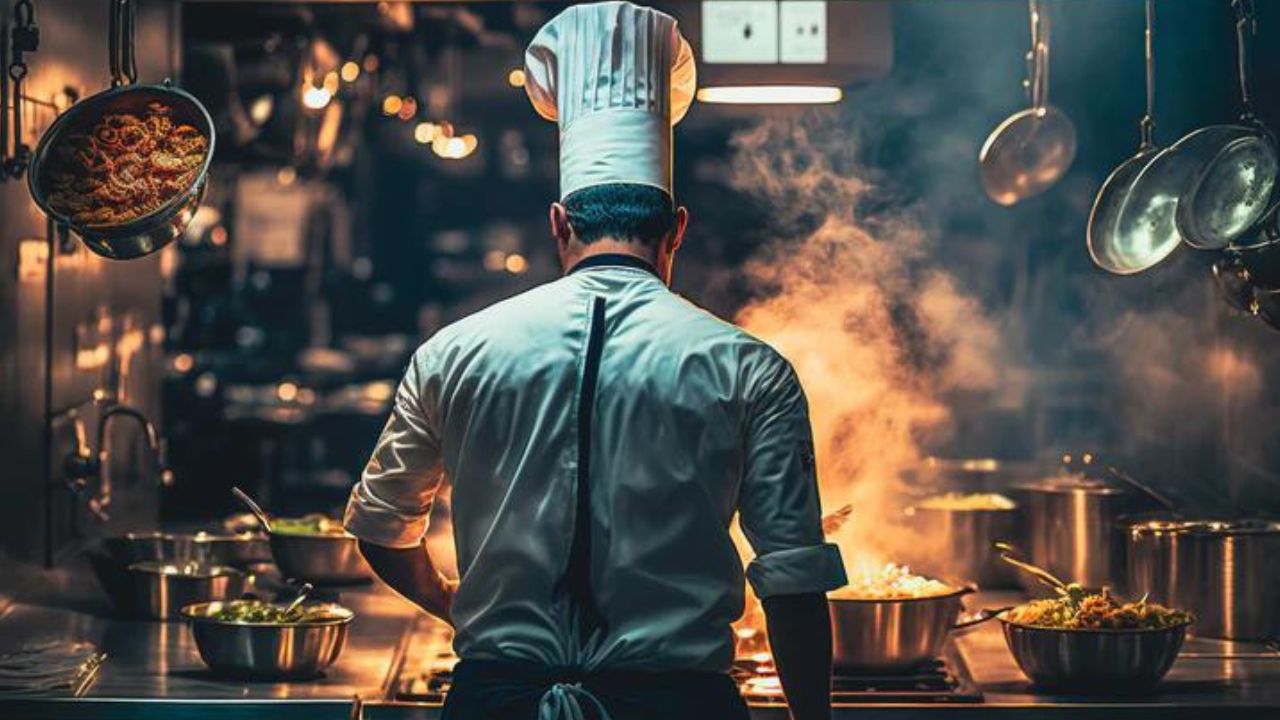Are you setting up your commercial kitchen or thinking about upgrading your current equipment? Whether you're an experienced chef or a new entrepreneur diving into the food industry, choosing the right cooking gear is essential. With wide range of selection available, picking the perfect equipment can be sometimes hard. In this blog post, we'll explore some mistakes to avoid when shopping for commercial cooking equipment.
Here are the top 5 Mistakes according to Supermarket World professionals:
-
Ignoring Specific Needs: One of the most common mistakes is purchasing cooking equipment without considering the specific needs of your kitchen. Every kitchen is unique, and different types of cuisine require different tools and appliances. Before making a purchase, carefully assess your menu, cooking volume, space limitations, and budget to ensure you're selecting the right equipment for your requirements.
-
Sacrificing Quality for Price: While it's tempting to go with cheaper equipment to save money upfront, sacrificing quality can lead to costly repairs and replacements down the line. Investing in high-quality, durable equipment from reputable brands may have a higher initial cost but will pay off in the long run through improved performance, reliability, and longevity.
-
Overlooking Energy Efficiency: Energy costs can significantly impact your operational expenses, especially in a commercial kitchen where equipment is constantly running. Many modern cooking appliances come with energy-efficient features designed to reduce consumption and lower utility bills. Prioritize energy-efficient models to minimize costs and lessen your environmental footprint.
-
Failing to Plan for Growth: Your business may experience growth and expansion over time, requiring you to accommodate increased demand and diversify your menu offerings. When selecting cooking equipment, think about scalability and flexibility to accommodate future needs. Choose versatile appliances that can adapt to evolving requirements and be integrated seamlessly into your kitchen setup as your business expands.
-
Not Considering Long-Term Needs: It's essential to look beyond immediate requirements and consider the long-term needs of your kitchen. Anticipate changes in regulations, advancements in technology, and shifts in consumer preferences when making equipment decisions. Opt for adaptable solutions that can grow with your business and remain relevant in the ever-evolving food industry landscape.

